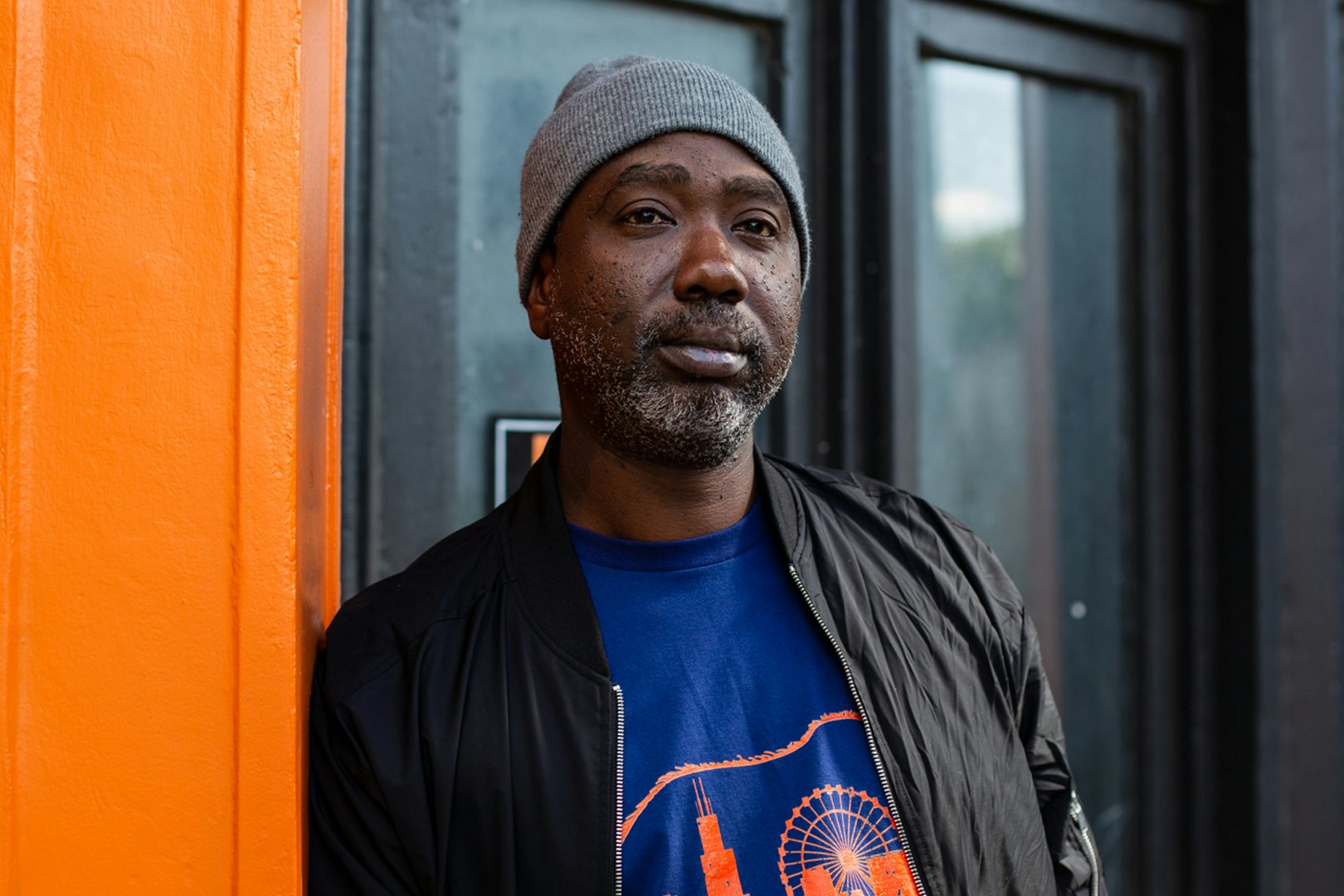When Individuals Control Their Data, Businesses Get Healthier
Individual control over data is not only a moral imperative, but also creates economic value that improves overall business health. It does so by reducing costs and liabilities, and creating new markets and innovation. Yet, data ownership remains one of the most hotly debated issues in data governance. Early on, the inventor of the internet argued that data should be owned by individuals, rather than corporations. However, many have reservations against this approach. Economically speaking, data is non-rivalrous; multiple people can use a piece of data without ever diminishing it. This makes the concept and practice of data ownership challenging. The focus, therefore, needs to be on the extent of individual control over data. For example, the European privacy law’s framing of individuals as ‘data subjects’ already places them low in the pecking order. We need regulation and technologies to transform individuals from ‘subjects’ to controllers of data.
In today’s businesses, data drives efficiency, enables innovation and helps provide a unique experience to customers. In recognition of this fact, OECD has recognised that “data-driven innovation forms a key pillar in 21st century sources of growth.”
However, data is also a liability for businesses. The frequency of data breaches has grown exponentially, and the average data breach costs $3.9 million to the breached institution. The indirect costs are even higher. Researchers found that up to a third of customers in retail, finance, and health will not do business with organizations that have been breached. Another study found a negative and significant reduction in the stock price of firms after a data breach. Regulations like GDPR will likely drive the cost of poor data practices even higher.
Decentralizing storage and control of data can help businesses create economic value, while minimizing the potential downsides of aggregating data. It reduces the number of centralized “honey pots” that bad actors can target. And by placing control in the hands of individuals, is key to achieving an accessible, useful, secure, and privacy-protecting digital future – or what we call Good ID.
Individual control over data is not only a moral imperative, but also creates economic value that improves overall business health.
However, the economic case for data control goes much further. Not only does it create the necessary protections, but it can also lead to a new wave of data-based innovation. Businesses have an incentive to hoard data to increase defensibility. However, individuals will be free and willing to share data wherever there is economic value to be created. Economists at Stanford have shown that giving property rights over data to individuals can help us unlock the full potential of our data – both for individuals and for society as a whole.
However, the practical implementation of the concept will require technological innovation, some of which has already begun to emerge. A prominent example is Digi.me. Digi.me, with investment from Omidyar Network, has created a decentralized data vault that individuals can use to download their data – health, financial, social media, and the like – on their device or personal cloud, such that the company cannot see, hold or touch that data. Individuals can then choose to share data with whoever they want to, and on terms that are transparent to them. For businesses, the value lies in aggregation – they can access very detailed information, without violating the privacy of individuals.
Clients of Learning Machine, ranging from the Government of Malta to the Caribbean Examinations Council, already see the benefits from such user-controlled identity. Learning Machine enables businesses, universities, and governments to issue digital credentials directly to individuals, who store it in their decentralized wallet; an innovation Omidyar Network has also invested in. A hash of the credential is then stored on the blockchain, which serves as a secure anchor of trust. Institutions that want to verify the individual can ask for the digital credential and then check it against the hash stored on the blockchain. The same method can be used to verify credentials ranging from diplomas to passports to driver’s licenses.
We believe that there is an opportunity for more such entrepreneurs to create innovative technologies and business models that empower individuals with their data, while also creating value for businesses and governments. This is also an opportunity for investors to back such bold, mission-oriented, and visionary entrepreneurs. That ecosystem of innovation will bring us closer to Good ID.



